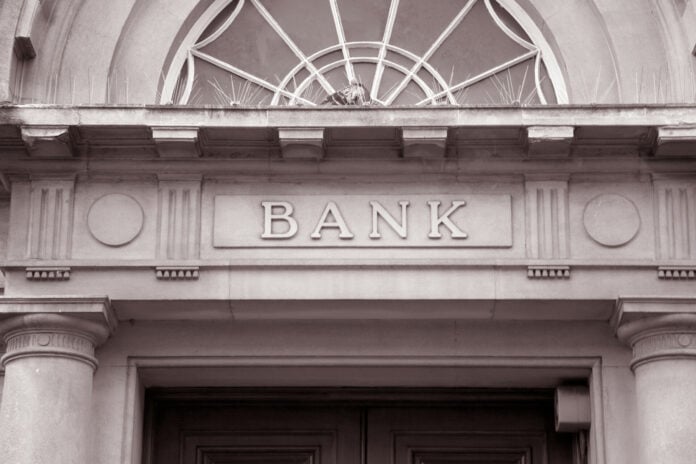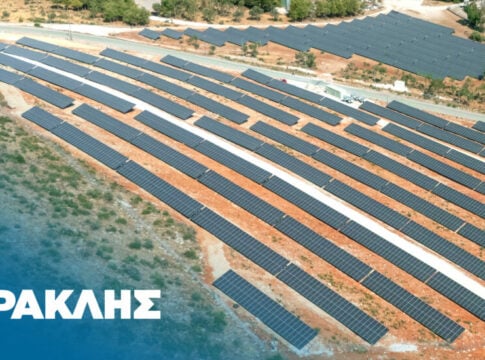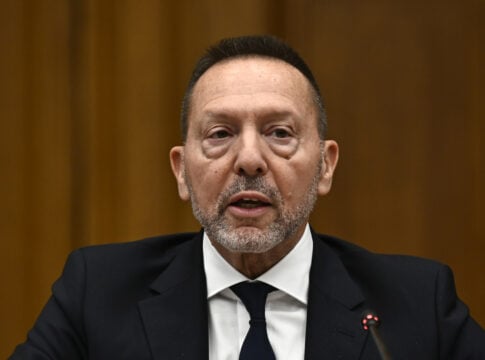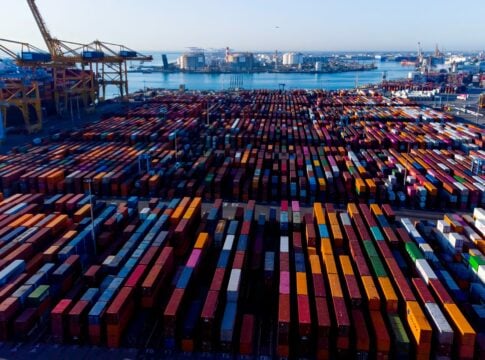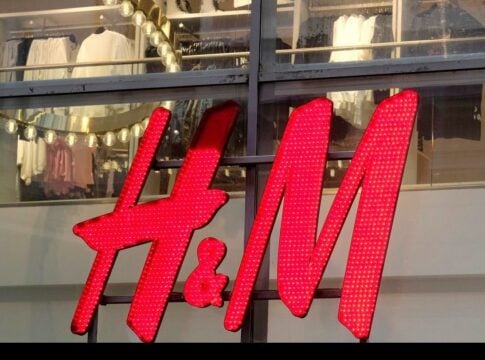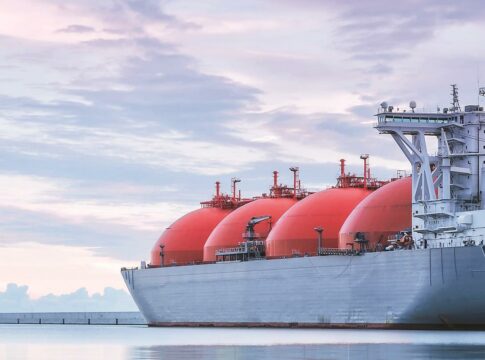The enhanced credit expansion recorded by banks in the first months of 2025 appears to be promising and necessary for covering the country’s investment gap. The already enhanced credit expansion of banks is expected to strengthen further during the rest of the year, according to financial analysts speaking to “N”.
The 3.2 billion euros of the Greek systemic banks’ credit expansion in the first quarter give very positive signals, while the financial results of the first half are estimated to be further strengthened to such an extent that banking circles do not rule out the possibility that it will lead to a revision of their business plans, according to a previous report by “N”.
Funds
This strong boost that the banks have offered to lending is considered absolutely necessary to cover the country’s investment gap vis-à-vis the EU, economic analysts reported to “N”.
These loan funds, which come from abroad, and especially from the EU’s Resilience and Recovery Facility (RFF), are mainly directed to productive investments, where the country is in need.
“All these funds, as long as they are directed towards productive investments, contribute very positively to closing the investment gap in the Greek economy,” economic analysts reported.
“There is such a great need for investments to renew and expand the productive equipment of the domestic economy that all these investments are absolutely necessary,” the same sources added.
This confirms the statement of the Bank of Greece governor, Yannis Stournaras, at the conference on competitiveness and innovation. There, he set investments as a necessary condition for increasing the per capita income of the Greek economy and covering the investment gap with the EU.
“Greece today is gradually covering its investment gap in relation to the rest of Europe. “Investments in Greece are already expected to be around 16% of GDP this year, up from 11% of GDP in 2019. In the EU, investments are currently expected to be around 22% of GDP,” he said, pointing out that there is still an investment gap of six points that the Greek economy needs to fill.


